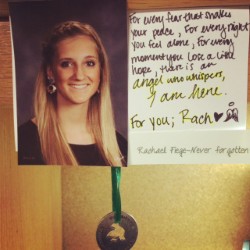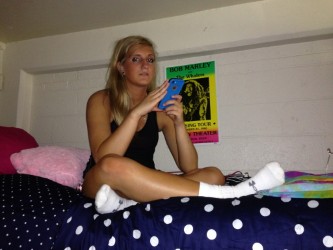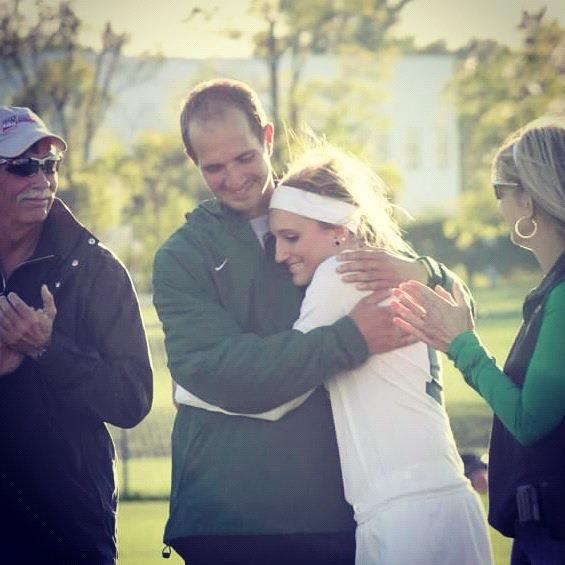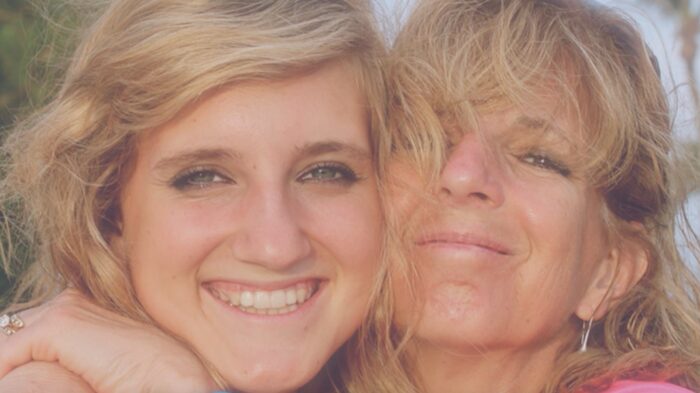Rachael Fiege came to IU for her Freshman year 10 years ago. Her mom, Angi Fiege, helped Rachael move into her dorm and get settled in before Rachael would step into her new chapter. Her second day on campus she was invited to a party hosted by her friends from high school. Angi says she is not naive and she knows what college kids do. She had many conversations with Rachael on safety, the buddy system, and knowing your limits. Rachael was in the nursing school at IU and her mom works in critical care. They both understood the consequences of drinking but nothing could have prepared Angi for that gut wrenching phone call from a Bloomington Hospital.
Phone call after phone call Angi was slowly piecing together what exactly had happened to Rachael from her friends that were with her. She had a couple drinks and tripped causing her to hit her head. Her friends laid her down on the couch to sleep it off and were checking on her periodically. In the morning they saw she was blue in the face and immediately took her to the hospital. They figured the hospital would know exactly how to bring Rachael back but ultimately it was too late. The ripple effect once Angi made one phone call to Rachaels friend was shocking. Word got around that she only had a few more hours before she was going to donate her organs and her friends dropped everything to go say goodbye.
Angi Fiege talks about Rachael’s first and last week on campus.
Rachaels passing began Angi’s fight for protecting vulnerable young lives as they begin adulthood. Rachael’s First Week is a program Angi began after her daughter died. She took Rachael’s death and made a tragedy into an opportunity to help young men and women. Angi and her team travel to high schools and college campuses telling Rachael’s story and opening their eyes to how fast everything can change.
The Indiana Lifeline Law was passed in 2012, and it provides limited immunity from arrest and prosecution for crimes including minor alcohol consumption and possession. The immunity is limited to only the person who calls 911 seeking medical attention for someone else. Now, twelve years later, two student leaders at Purdue University are trying to expand the Lifeline Law and give legal protection to everyone involved in the situation especially the person in need of help.
Dimitri Heath has worked with students for almost 7 years now. He was a resident assistant at Butler University and now works at IU as the Residence Life Coordinator for Student Development. Heath uses the Lifeline Law frequently for residents that are scared to get their friend in trouble. “It is used quite frequently and it is very helpful,” Heath said. He agrees with the expansion of the law to ensure safety for everyone involved in a dangerous situation.
Interview with Dimitri Heath
Angi and Heath both want to see the law expanded. Ultimately, they want to see students protected and have the law look out for all of them in their newest part of life.








